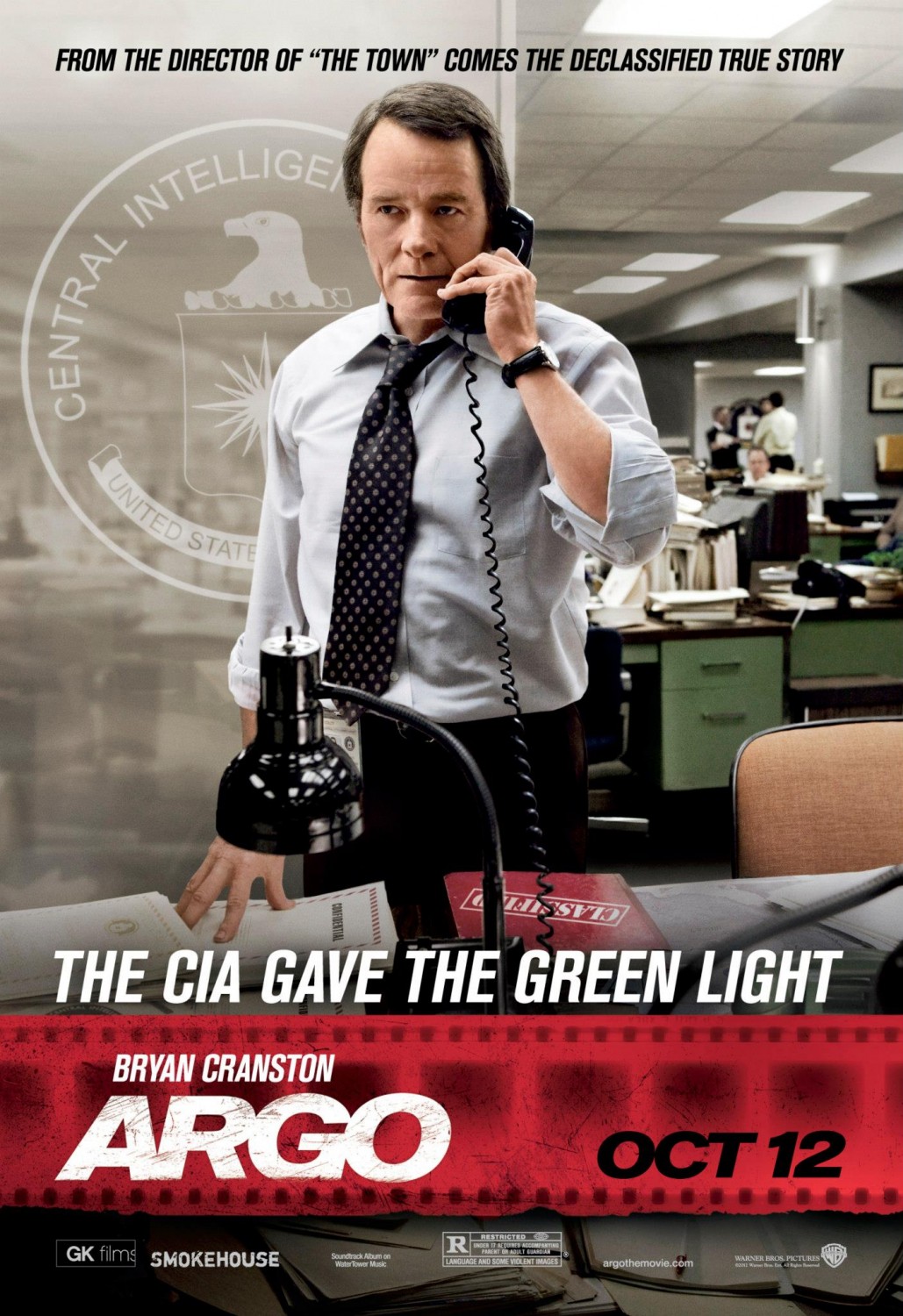RV!: The Fellowship of the Ring (2001) Dir: Peter Jackson Date Released: December 19, 2001 Date Seen: December 2, 2012 Rating: 3.75/5
407) The Hobbit: An Unexpected Journey (2012) Dir: Peter Jackson Date Released: December 14, 2012 Date Seen: December 11, 2012 Rating: 3/5
I meant to rewatch all three of Peter Jackson's Lord of the Rings adaptations before seeing The Hobbit. But uh, I got caught up in Godard fever. Still, I don't regret having given up on that project after rewatching the extended cut of The Fellowship of the Ring since Jackson slavishly traces over the narrative beats of that earlier film throughout The Hobbit: An Unexpected Journey.
So: the first installment in Jackson's Hobbit trilogy is supposed to mirror the first film in his Lord of the Rings trilogy. That's annoying, and distracting, but not inexplicable. The Hobbit is a much gentler adventure than The Fellowship of the Ring: singing, and riddles are just as, if not more important than dragons and wizards. So Jackson tried to simultaneously make his Hobbit just as dynamic as his earlier film while fostering a sense of continuity between his two trilogies.
Bilbo's earlier adventure in The Hobbit now mirrors Frodo's in Fellowship: the council of wizards looks like (and scored the same as?) the Council of Elrond; the flight from the Troll King is like the Balrog chase; and Bilbo's exit from the Shire looks like Frodo's. This narrative tracing is usually more annoying than it is thoughtful, though I did like the way Jackson made the cliff-side fight in The Hobbit correspond with the Fellowship scene where Aragorn rescues Frodo from the Ringwraiths. But that's mostly because the juxtaposition of these two scenes is a lil counterpuntal: Aragorn rescues Frodo, while Bilbo has to actively help his rescuers. These two scenes confirm the differences between the two trilogies while also uniting the two films: in both movies, this is the moment where the Fellowship really becomes a group.
That's the thing I most liked about The Hobbit: as Gandalf says, Bilbo is the most important member of his group because he is naturally more fearful and anxious than any dwarf or wizard. He is literally a smaller person than everyone else, and therefore has to try harder to be a hero. Even when he's only trying to save himself, like when he tells riddles to Smeagol (best scene in the film), or distracts some trolls before Gandalf saves him and his friends, Bilbo stumbles into heroism. It doesn't come naturally to him, and he's no Errol Flynn (he gets some good licks in during the cliff-side fight, but he doesn't single-handedly win the fight for his group). But Bilbo is inspiring, and I greatly appreciated the lengths Jackson went to to establish that conceit.
That having been said, the leering, Raimi-esque canted angles that Jackson uses throughout Fellowship also made me realize that it wasn't just the 48 FPS camerawork that made The Hobbit look ass-ugly: it was the way the film was shot. Jackson cut too many corners, and tried too hard to do too many things in An Unexpected Journey. I'm consequently not surprised that he felt he could/should make The Hobbit into another trilogy. Still, I am really not looking forward to Jackson's spin on Tom Bombadil...



















